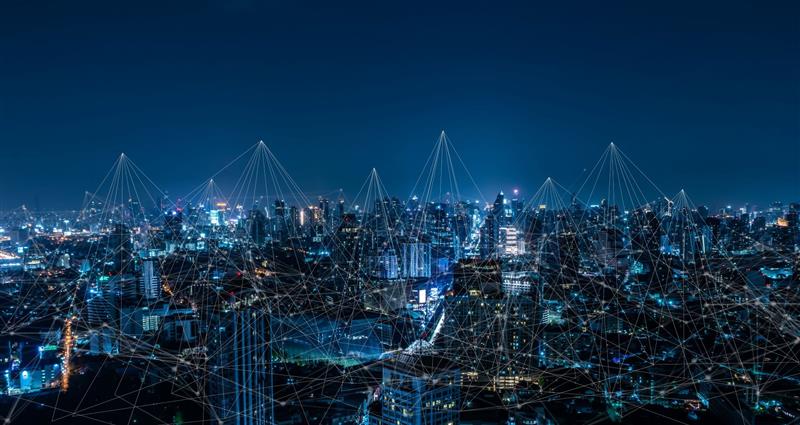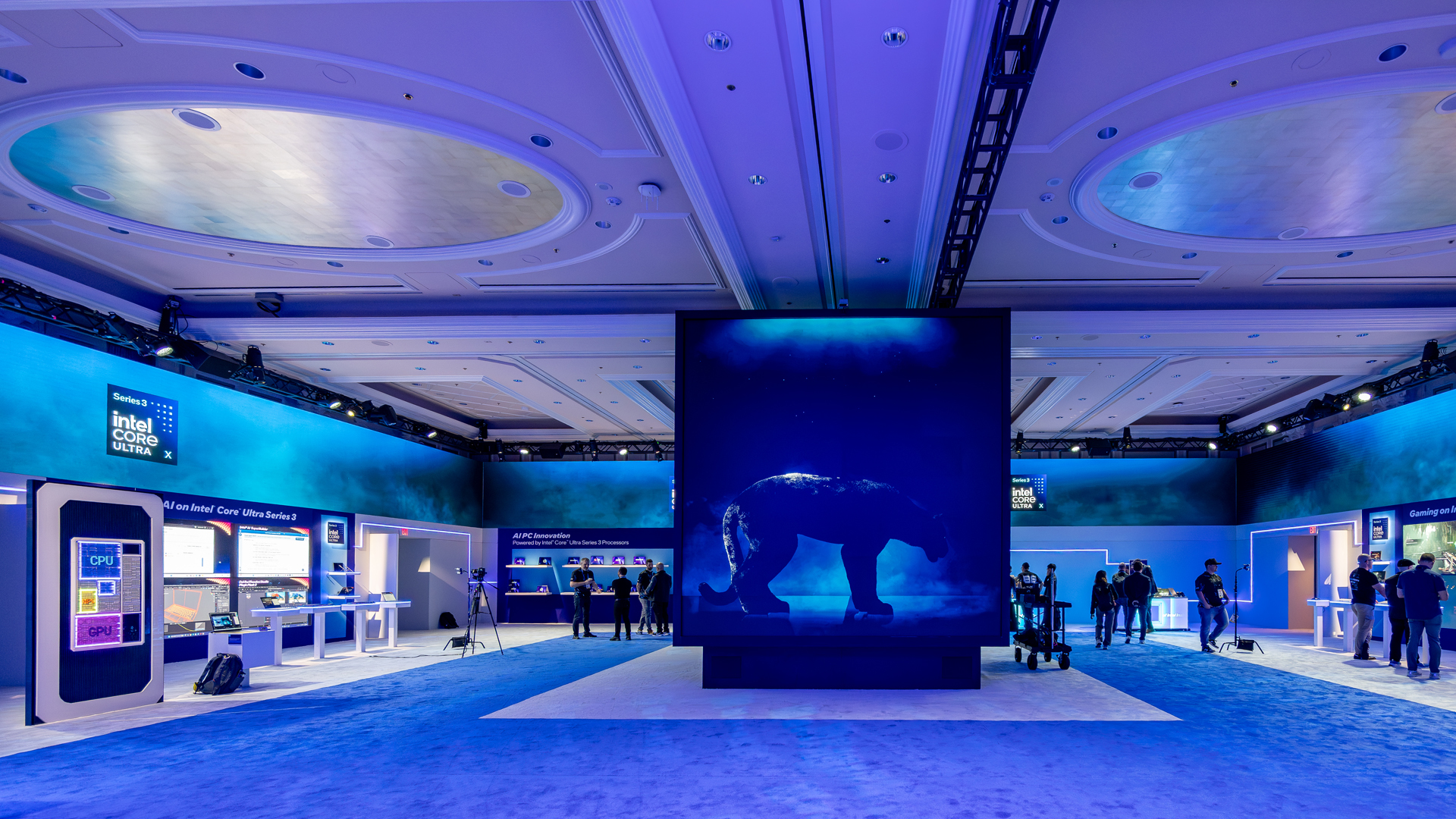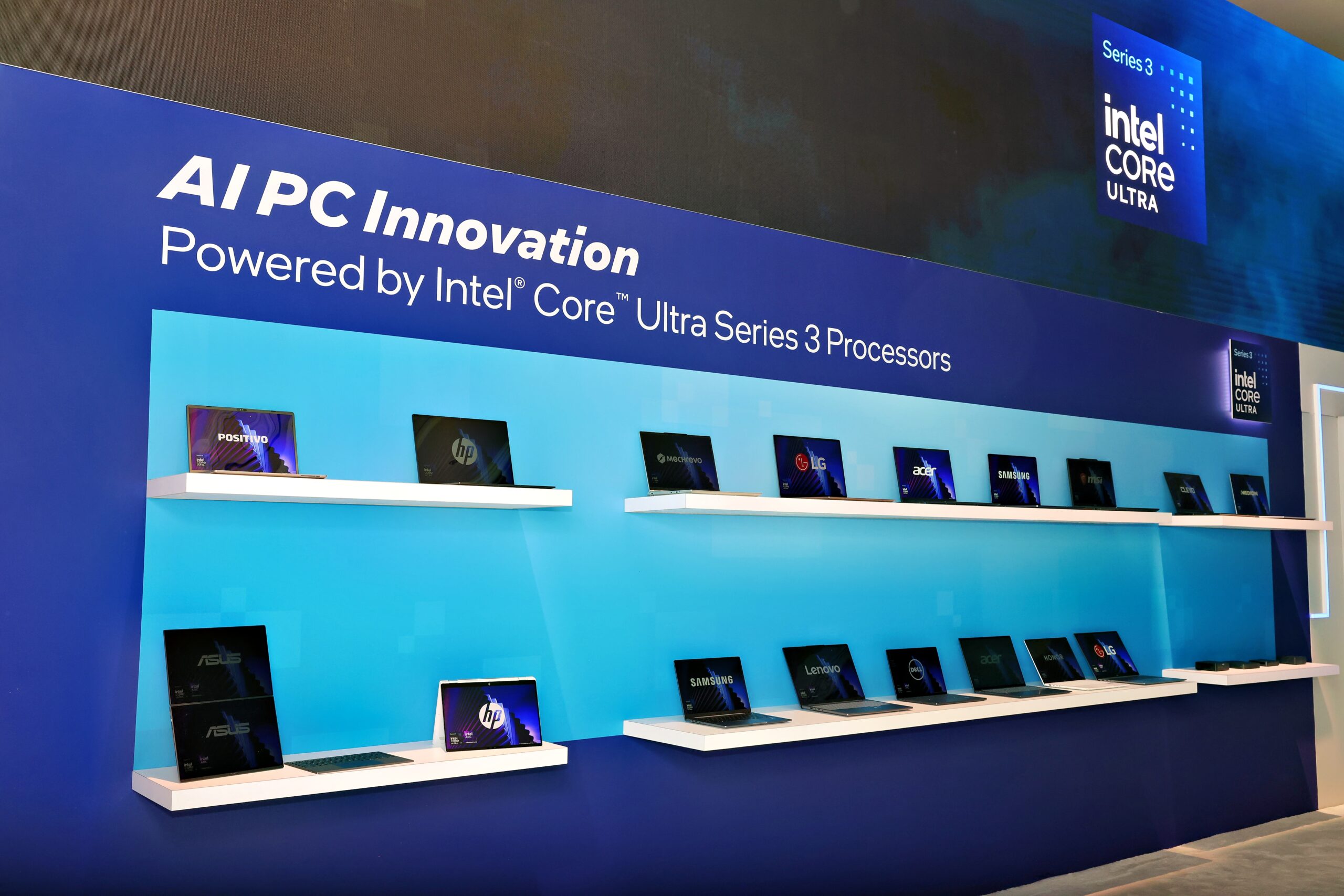Intel-Powered AI Platform Technology Might Spot Next Olympic Hopeful

Innovative AI talent identification platform gives young athletes in Senegal a chance to learn of their true potential.
Today, restraints – physical, time and budgetary – make it extremely challenging for sports scouts to find talent in rural or remote areas. Those limits have a twofold effect: A world of talented individuals will never become professional athletes, and fans may never see the world’s best athletes.
In a quest to change this, Intel, the Worldwide AI Platform Partner of the Olympic and Paralympic Games Paris 2024, and its partners deliver an AI platform technology sports talent identification application.
More: At Olympic Games Paris 2024, Intel AI Platforms Showcase World’s First 8K OTT Broadcast | From Athletes to GenAI Developers: Intel Tackles Real-World Challenges with AI Systems | Intel Brings AI-Platform Innovation to Life at the Olympic Games | Intel at the Olympic Games
An innovative AI platform designed for talent identification addresses these challenges through a collaboration of Intel, the International Olympic Committee (IOC) and the National Olympic Committee (NOC) of Senegal.
Aiming to level the playing field and expand scouts’ reach, the app uses Intel’s AI platform to detect talent through any device with a camera, eliminating the need for expensive, specialized equipment and providing more people the opportunity to become future Olympic hopefuls.
The technology does not stop there: AI takes over, with computer vision analyzing the video footage. Stats are then delivered to talent scouts.
Getting the attention of scouts – with the hope of making it to the big leagues of sports – isn’t easy. It requires raw talent, perseverance, funding and luck.
"This AI platform designed for talent identification not only uncovers hidden talent but also helps to bridge an existing gap,” said Caroline Rhoades, Olympic & Paralympic Games Partner marketing manager of Intel’s Sales, Marketing and Communications Group.
In March, Intel and the IOC partnered to deploy the application to help identify future Olympians among the youth in Senegal.
The nation on Africa’s west coast was chosen for this initiative in advance of Dakar, Senegal’s capital, hosting the Youth Olympic Games Dakar 2026.
Intel and IOC representatives visited six villages across Senegal and used the talent identification smartphone app, enabled through Intel’s AI platform technology, to score and analyze the physical capabilities of more than 1,000 children eager to be scouted by the Senegalese National Olympic Committee.
The physical and cognitive tests lasted only minutes and included analysis of more than 1,000 biomechanical data points to measure speed, acceleration, burst power, agility and directional change ability.
"As time passes, the hope is that this technology can help increase the chances for every aspiring athlete to have the opportunity to shine on the global stage," Rhoades said.
To support the app, additional Intel-based technology was leveraged to successfully deploy the physical testing, even in remote areas:
- Edge devices running on Intel® Xeon® processors for video processing, real-time computer vision and biomechanical data analysis.
- Intel® Gaudi™ AI accelerators for improved efficiency of model training.
- AI models optimized with OpenVINO.
- Intel® Core™ Ultra notebooks for real-time inferencing.
Intel’s AI platform technology is responsible for taking over the hard part – analyzing, scoring and ranking each video to provide scouts, coaches and national governing bodies with a quantitative dataset of raw physical prowess to review.
And the results of the Senegal program? Of the 1,000 children who participated in the initiative, 40 showcased significant talent.



